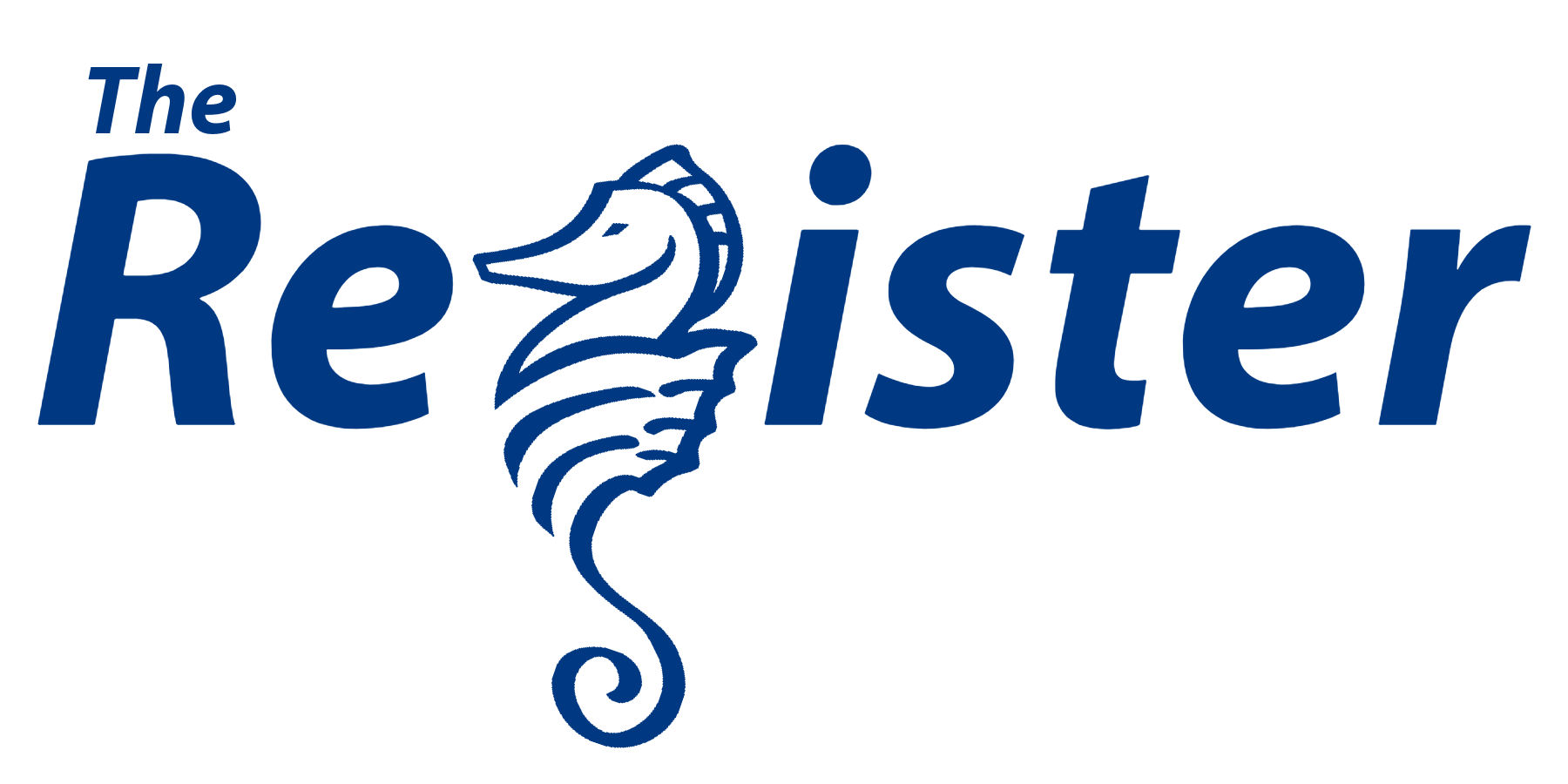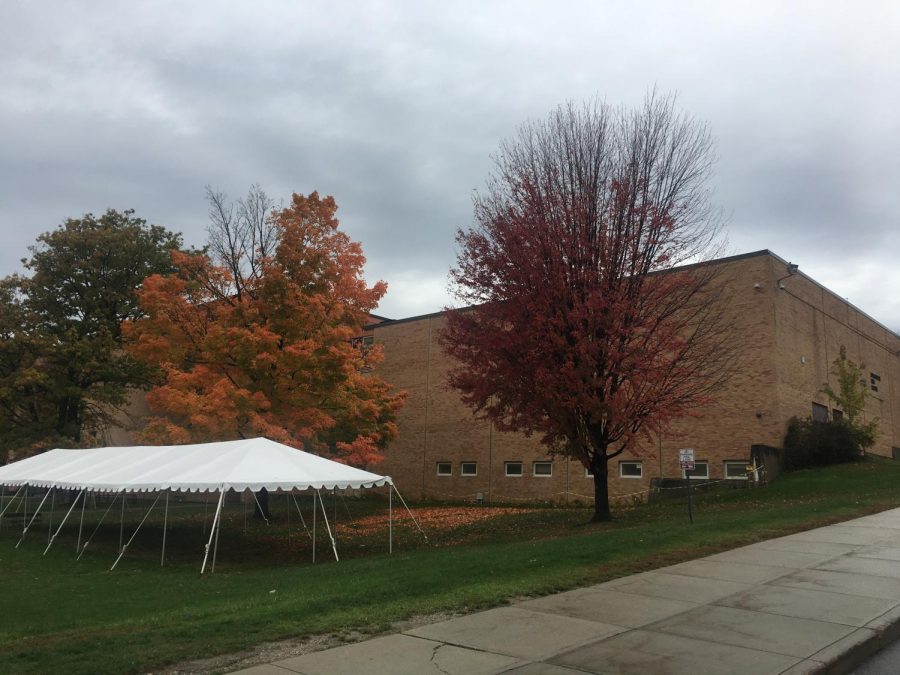School Board Talks Budget FY22: Tax Increase Mitigated by Surplus
January 14, 2021
The Fiscal Year 2022 (FY22) Burlington School District budget was the hot topic at the January 12 Burlington School Board meeting.
The Board first heard and discussed an update on the tax impact of the FY22 budget. Original budget calculations projected a 12.8% homestead tax increase. Nathan Lavery, the Burlington School District’s Senior Executive Director of Finance, reported to the board that the school district has now lowered the school budget impact to a 7.15% tax increase. This is mainly possible due to a $6 million surplus from the FY20 budget.
Lavery recommended the district dedicate $2.9 million of the surplus to the BHS and BTC relocation and another $1.1 million towards general operating (a typical expenditure). He then recommended they save the remaining $2 million. Lavery said the district could rely on these savings if the state does not provide them with the expected $3.5 million in relief money. The district might also need the $2 million to further address the polychlorinated biphenyls (PCBs) at Burlington High School.
“Part of what we are doing here, in this recommendation, is trying to both provide ourselves some flexibility, in the event that some of the assumptions in this budget are too optimistic,” Lavery said. “And the other part of it is, even if we don’t spend the money at all, it allows us to manage the tax impact for the community over multiple years.”
Though the overall budget is increasing, the Superintendent’s Cabinet has also identified several areas where spending could be further reduced. These include staff attrition, particularly of presently vacant paraeducator positions. Lavery also proposed reducing the central office, food services, and property services budgets, as well as elementary lunch supervision budgets. He said these latter savings were developed after consulting with the office directors and elementary principals.
School districts often lower budget increases by slashing direct services to children. This move was notably not on the table, yet.
“After hearing [the Board’s] feedback about not cutting programs, unless we really felt like we should bring that forward, we decided not to propose any significant cuts to programs,” Superintendent Flanagan said.
Despite the Board’s general feedback to avoid cutting programs, Commissioner Mike Fisher (Ward 5) questioned if further budget reductions could be found.
“I’m a taxpayer, and I hear from a lot of homeowners that they just can’t sustain this level of tax increases,” Fisher said. “And If we are then saying ‘Oh hey 7.15! It sounds great against 13!’ But on it’s own, in a really tough economic year, 7.15% is significant. It is large. So I would be open to even looking at further reductions and what that would mean in terms of the services we provide.”
Commissioner Martine Gulick (Ward 4) was quick to respond.
“I, as a board member, find it confusing when we’re questioning certain cuts,” Gulick said. “For example, the para cuts, and at the same time, telling our leaders that they need to cut more.”
Commissioner Jeff Wick (District South) wondered if the 7.15% tax increase could be decreased, but by using more money from the surplus, not from further cutting.
“I’m wondering if we might consider getting the 7.15 number down below 7 to either 6.95 or 6.99,” Wick said. “…If we’re in the sixes, I just think, psychologically, it’s much nicer.”
According to Lavery, the budget surplus can be attributed to several areas of spending in FY20 that were less than expected, such as custodial staffing. After the district went remote in March, without a building to clean, it was not necessary to immediately fill vacant staff positions in this field, decreasing spending.
“Even though, at times, we were trying to recruit for those positions, we weren’t always successful,” Lavery said. “It comes with kind of a silver lining of savings in that case.”
Lavery also reported that the district managed to save by using funds provided by the federal Coronavirus relief fund and spent less than expected on health insurance.
The allocation of the surplus heavily depends on the $3.5 million in federal aid the district expects to receive.
“As far as we know right now, we’ve received encouraging signals from the governor’s office,” Lavery said. “We are optimistic that that will be the full $3.5 million to cover the fit-up cost [of the BHS relocation]. But we obviously recognize that there are a lot of competing demands at this time, so we won’t know for sure until [the budget adjustment bill] proposal is released.”
Burlington residents will vote to approve or reject the FY22 budget on March 2, 2021, Town Meeting Day. The next School Board meeting is Tuesday, January 19th.





